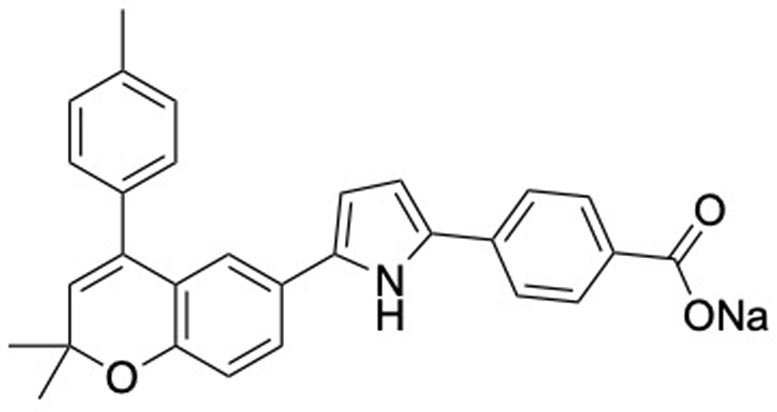Women have many choices for birth control, ranging from pills to patches to intrauterine devices, and partly as a result, they bear most of the burden of preventing pregnancy. But men’s birth control options — and, therefore, responsibilities — could soon be expanding. Today, scientists report a non-hormonal male contraceptive that effectively prevents pregnancy in mice, without obvious side effects.
The researchers presented their results this week at the spring meeting of the American Chemical Society (ACS). ACS Spring 2022 is a hybrid meeting that was held virtually and in-person March 20-24, with on-demand access available March 21-April 8. The meeting features more than 12,000 presentations on a wide range of science topics.
Currently, men have only two effective options for birth control: male condoms and vasectomy. However, condoms are single-use only and prone to failure. In contrast, vasectomy — a surgical procedure — is considered a permanent form of male sterilization. Although vasectomies can sometimes be reversed, the reversal surgery is expensive and not always successful. Therefore, men need an effective, long-lasting but reversible contraceptive, similar to the birth control pill for women.

A non-hormonal male contraceptive (known as YCT529; structure shown here) prevents pregnancy in mice by blocking a vitamin A receptor, with no obvious side effects. Credit: Md Abdullah Al Noman
“Scientists have been trying for decades to develop an effective male oral contraceptive, but there are still no approved pills on the market,” says Md Abdullah Al Noman, who is presenting the work at the meeting. Most compounds currently undergoing clinical trials target the male sex hormone testosterone, which could lead to side effects such as weight gain, depression and increased low-density lipoprotein (known as LDL) cholesterol levels. “We wanted to develop a non-hormonal male contraceptive to avoid these side effects,” says Noman, a graduate student in the lab of Gunda Georg, Ph.D., at the University of Minnesota.
To develop their non-hormonal male contraceptive, the researchers targeted a protein called the retinoic (function(d, s, id){
var js, fjs = d.getElementsByTagName(s)[0];
if (d.getElementById(id)) return;
js = d.createElement(s); js.id = id;
js.src = "https://connect.facebook.net/en_US/sdk.js#xfbml=1&version=v2.6";
fjs.parentNode.insertBefore(js, fjs);
}(document, 'script', 'facebook-jssdk'));
Read original article here